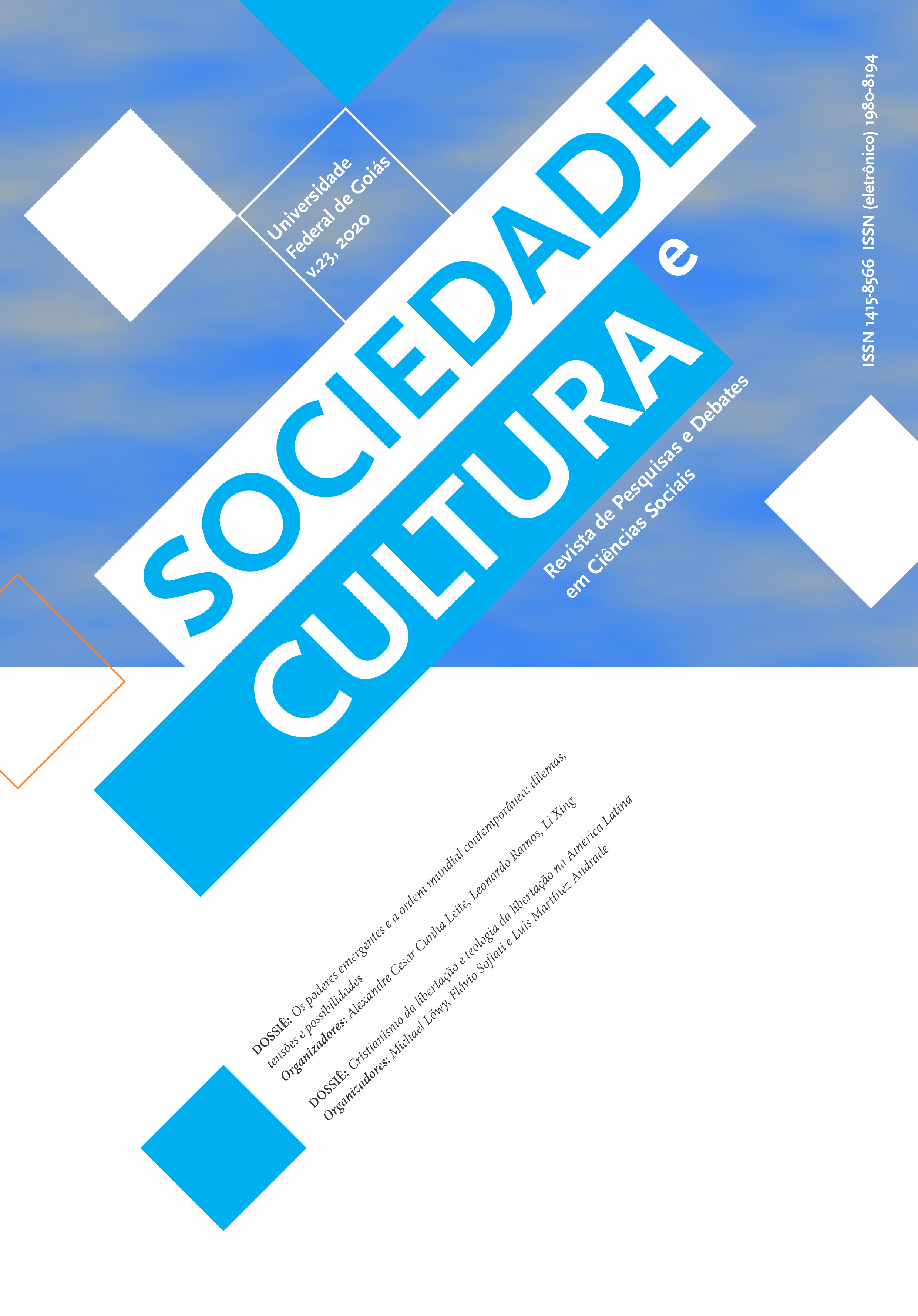South-South Cooperation under Dilma Rousseff's government (2011-2016): Changes or retractions?
DOI:
https://doi.org/10.5216/sec.v23i.59660Abstract
La política exterior de Dilma Rousseff generalmente es considerada una continuación de la de su predecesor, aunque algunos estudios recientes han identificado la reducción y las transformaciones en la agenda del Sur Global. En la Cooperación Sur-Sur (CSS) hay una escasez de análisis en este período. Para llenar ese vacío, este artículo examina los cambios en las fuerzas políticas internas que dan forma a la CSS, especialmente la cooperación técnica en el gobierno de Rousseff. Para ello, se definen cuatro categorías: Ideas, Instituciones, Grupos de Interés y Organización. A través de un análisis de cada una de ellas, se muestra que las variables Ideas y Grupos de Interés, además del evidente retroceso de la diplomacia presidencial, dieron forma a las transformaciones de la cooperación para el desarrollo. Finalmente, se concluye que, paradójicamente, el gobierno de Rousseff fue el que más relacionó el CSS con las cuestiones comerciales, bien como el que menos atrajo a los grupos de interés locales a esas iniciativas.
Downloads
Downloads
Published
How to Cite
Issue
Section
License
Authors who publish in this journal agree to the following terms:
- Authors retain the copyright and grant the journal the right of first publication, the work being simultaneously licensed under the Creative Commons Attribution License, which allows the sharing of the work with acknowledgment of authorship and of the initial publication in this journal;
- Authors are authorized to enter into additional contracts separately, for non-exclusive distribution of the version of the work published in this journal (eg, publishing in an institutional repository or as a book chapter), with acknowledgment of authorship and of the initial publication in this journal;
- Authors are allowed and encouraged to post and distribute their work online (eg, in institutional repositories or on their personal page) at any point before or during the editorial process, as this can bring productive change as well as increases the impact and the citation of the published work (see O Efeito do Acesso Livre).



